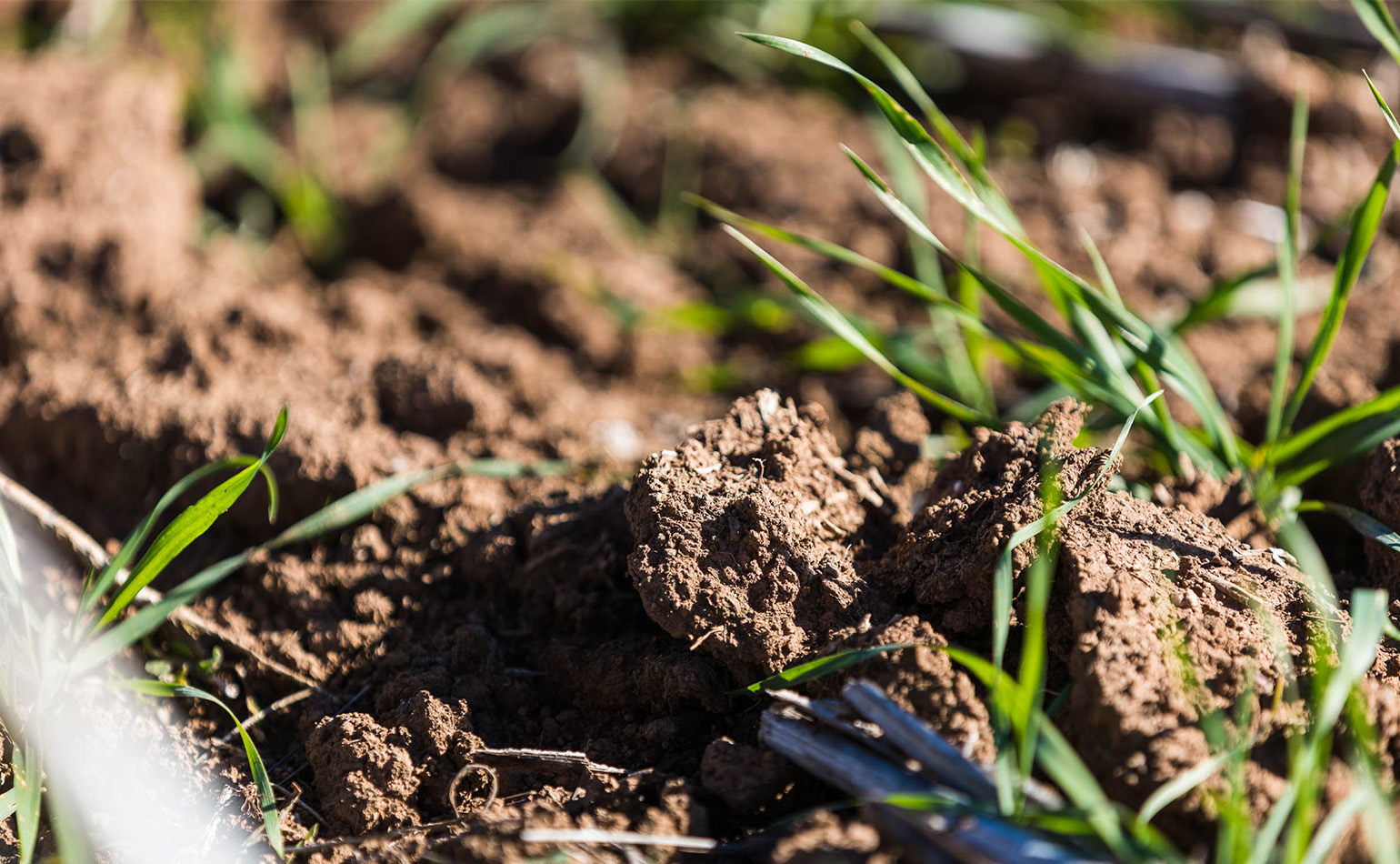Soil CRC PhD student, Md Zahangir Hossain of the University of Newcastle, and his co-author colleagues, recently had a literature review on biochar and its importance on nutrient dynamics in soil and plants published in the international peer reviewed journal Biochar. A plain English summary of the review is presented here. Further information can be found by accessing the paper directly.
Biochar and its importance on nutrient dynamics in soil and plant
Biochar is a soil conditioner with unique characteristics such as high surface area, porosity, and surface charges. The application of biochar, the charcoal produced from the slow pyrolysis of a biomass, has been found to improve soil properties in several ways.
Research has shown that applying biochar to soils can increase nutrient use efficiency, nutrient uptake by plants, increase microbial population and increase soil water retention.
The effectiveness of biochar depends on a few factors – soil type, the feedstock used to synthesise the biochar, the pyrolysis conditions (e.g., temperature) used for the synthesis and the application rate.
Biochar a source of plant nutrients
Biochar can provide an important source of plant nutrients such as nitrogen, phosphorus and potassium. By increasing the nutrient use efficiency, the plant growth and yield is increased. Biochar increases nitrogen retention in soil by reducing leaching and gaseous loss. It can act as a potential nutrient reservoir, with nutrients released during the weathering of the biochar in the soil, becoming available for plant uptake.
The feedstock and temperature used to produce biochar can affect the plant availability of various nutrients in biochar. The higher the nutrient content of the feedstock, the higher the value of the biochar in supplying nutrients available to the plants. It has been found that biochar produced using manure or biosolids contain higher rates of nutrients than those produced using crop residues or woody plants. Also, biochar produced under low temperature pyrolysis is more likely to stimulate nutrient exchange and improve soil fertility. While research has found nitrogen uptake is increased when applying biochar, results are inconsistent for potassium and other nutrient retention.
Biochar improves water retention
The addition of biochar has been found to increase the ability of soil to hold water, thereby increasing the plant available water. Hard biochar – that is biochar produced from wood, nutshells, bamboo or seeds has large porosity and surface area, and holds more water than other biochars. For example, in sandy soils, rice husk biochar has been found to be very effective in increasing water availability.
Biochar improves soil biology
Biochar alters the soil biological properties by increasing microbial populations, enzyme activity, soil respiration and microbial biomass. Because of its porous nature, biochar can be a favourable habitat for soil microorganisms including bacteria, mycorrhizal fungi and actinomycetes. Enzyme activity is also increased when biochar is applied to the soil, which in some cases contributes to improving availability of nutrients such as phosphorous.
Research on different biochar such as peanut shell and green waste biochar has found that microbial activity is increased when applied to the soil. There have been some cases where earthworm populations were negatively impacted. It is believed this can be attributed to the rapid pH change or high ammonia concentration or the presence of polycyclic aromatic hydrocarbons (PAHs) due to the addition of biochar.
Future research
Future research needs to focus on long-term field studies, rather than pot or column studies. Feedstock selection, application rates and pyrolysis temperature should be studied in relation to availability of nutrients, soil microbial functions and soil moisture retention. There needs to be consideration of pyrolytic conditions to increase the nutrient content of biochar.
Hossain MZ, Bahar MM, Sarkar B, Donne SW, Sik Ok Y, Palansooriya KN, Kirkham MB, Chowdhury S and Bolan N. (2020) Biochar and its importance on nutrient dynamics in soil and plant. Biochar https://doi.org/10.1007/s42773-020-00065-z
Md Zahangir Hossain is a PhD student with the Soil CRC. His supervisor is Prof. Nanthi Bolan, Leader of Program 3 at the Soil CRC.
Zahangir has a Bachelor of Science in Agriculture (Honours) and Masters in Soil Science. Prior to commencing his PhD, he worked at Khulna University in Bangladesh, specialising in soil fertility and plant nutrition, and as an agricultural consultant for NGOs in waterlogged and saline areas of Bangladesh.
His PhD project – Biochar and nutrient interactions is examining 14 samples of biochars produced from various types of animal manures and biosolids. From these, four biochar samples with high nutrient content were used to synthesize a nutrient-enriched biochar. The expected novel fertiliser product will be selected to sustain Australian soil health and quality.

